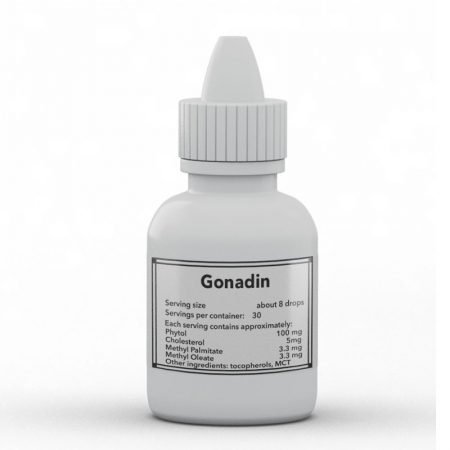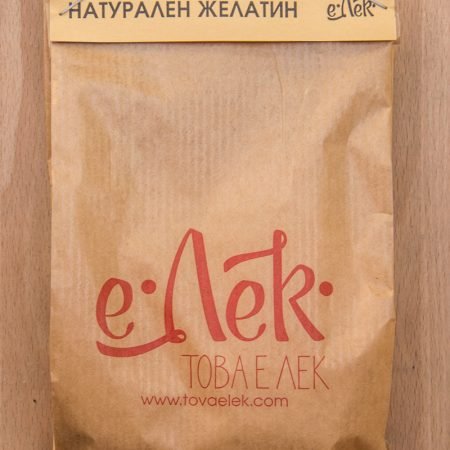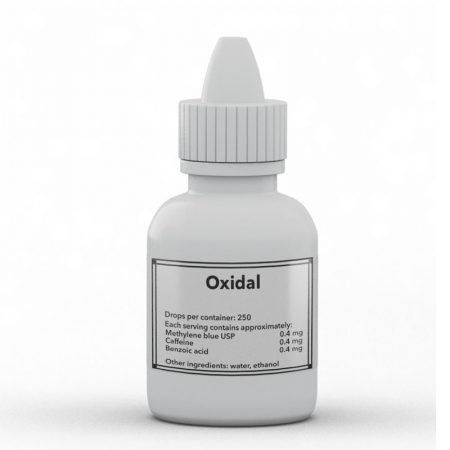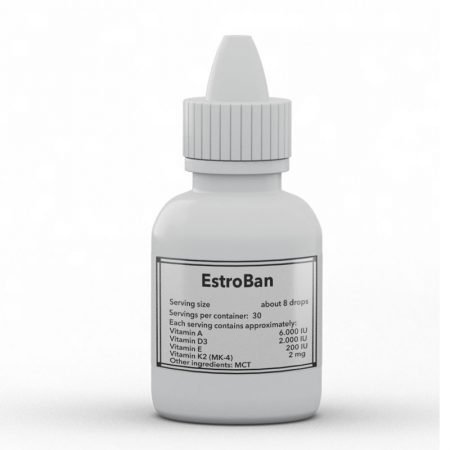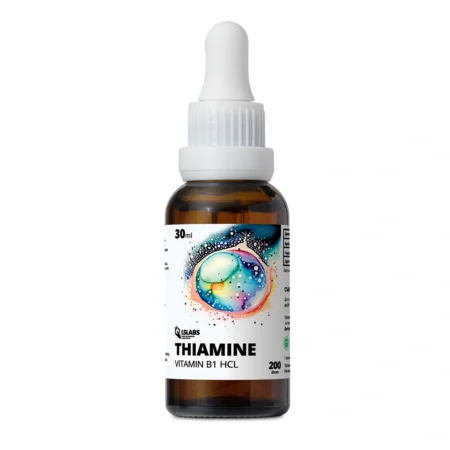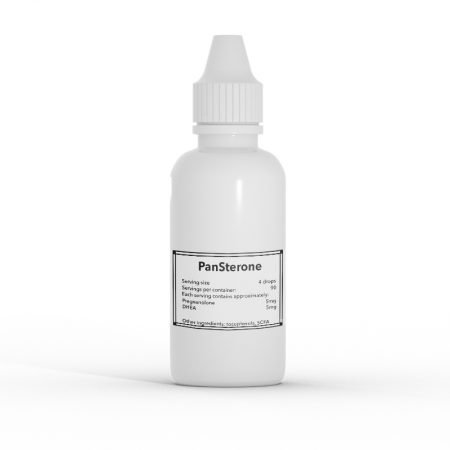Прекрасно ново изследване, което показва, че никотинамидът (НАМ) може да има и антифиброзен ефект в допълнение на положителното си действие при поддържането на доброто съотношение NAD/NADH и редокс баланса. Механизмът на действие на НАМ е потискането на пътя TGF-β и цялостно намаляване на възпалението. Антифиброзният ефект на НАМ може да обясни добре познатото му защитно действие върху черния дроб, мозъка, сърцето, половите жлези и др. и способността му да предотвратява фиброзни промени в следствие токсичност от алкохол, полиненаситени мазнини (PUFA), ендокринни дисруптори, медикаменти или дори повишена липолиза от хроничен стрес. И самите автори смятат, че НАМ може да има приложение не само при очните заболявания. Проучването потвърждава и други скорошни открития свързани с НАМ и превенцията на глаукома при възрастни хора.
https://www.cell.com/stem-cell-reports/fulltext/S2213-6711(20)30099-0
“…Researchers have found that Vitamin B3 may slow down fibrotic eye diseases and mitigate vision loss or blindness. NicotiНАМide, a form of vitamin B3, can inhibit aggressive cell transformations during wound healing and may be key to the development of therapies to treat fibrotic eye diseases that impair vision, according to a new Mount Sinai study published in Stem Cell Reports. The findings apply to a condition in which cells in the retinal pigment epithelium, a layer that supports the retina, transform and develop the characteristics of more aggressive cells known as mesenchymal cells. The condition can be triggered by aging, diabetes, or injury to the eye. This causes development of fibrous membranes that resemble damaging cells found in retinal scar tissue, and can lead to retinal detachment. The researchers found that nicotiНАМide not only inhibits these cell transformations, but can also reverse that cell transition and slow down the development of eye diseases that may lead to vision loss or blindness. When applying nicotiНАМide as a therapy to human adult cells in vitro, the researchers found that the vitamin B derivative slowed down the aggressive cellular transformation and could promote the opposite transition, from mesenchymal to epithelial, helping to preserve the cell’s original identity. “This is the first study that shows how nicotiНАМide can inhibit invasive wound healing, but also reverse the development of membranes associated with scar tissue,” said Timothy Blenkinsop, PhD, co-lead investigator of the study and Assistant Professor of Cell, Developmental and Regenerative Biology at the Icahn School of Medicine at Mount Sinai. “This discovery helps evolve our understanding of wound healing, as well as good inflammation versus bad inflammation. Good inflammation essentially nudges the system into a regenerative response, while bad inflammation can create harmful scar tissue formation. This is an exciting time to understand how this compound can be used to treat and reverse not only fibrotic diseases of the retina but other diseases too.”

